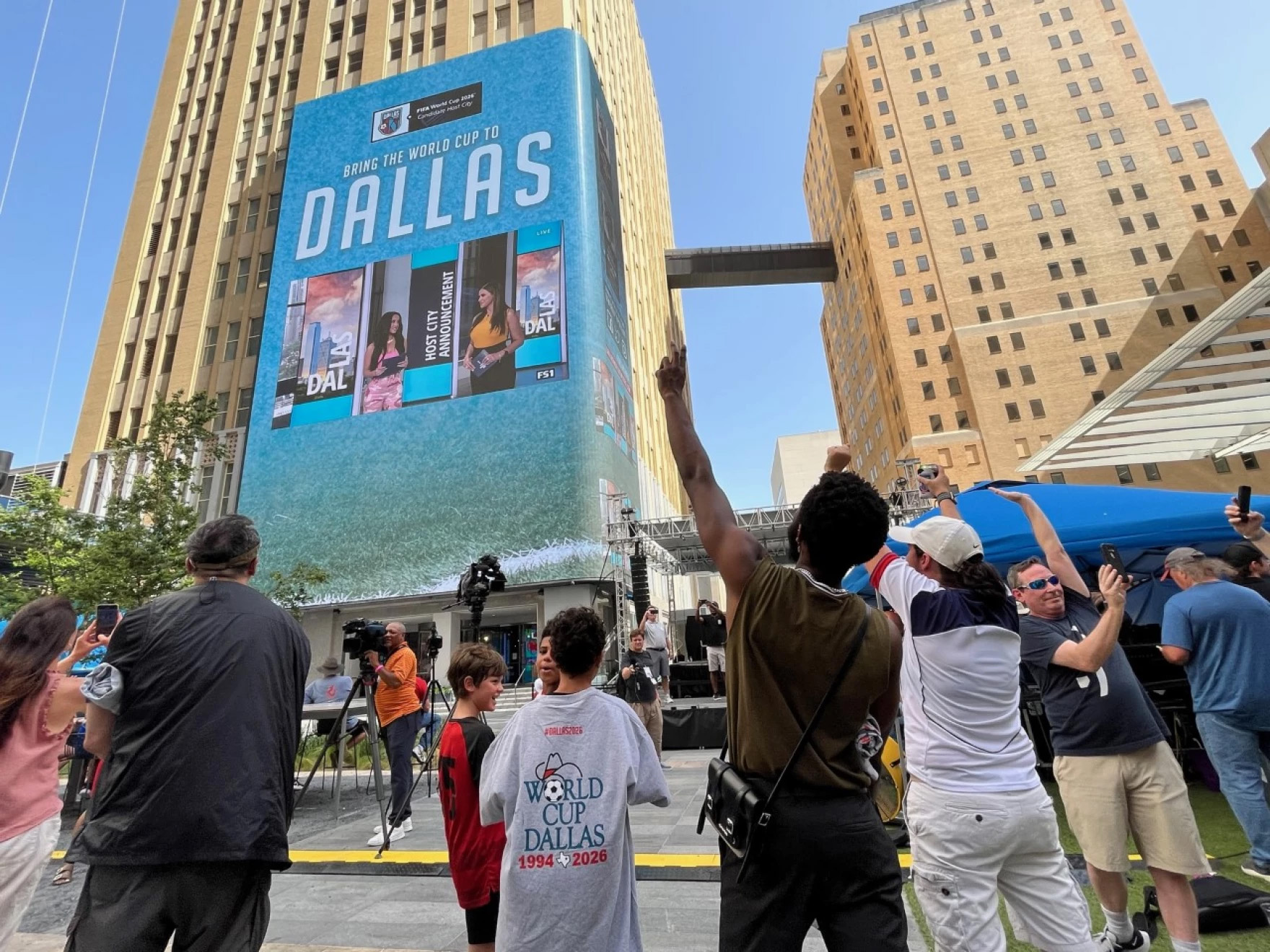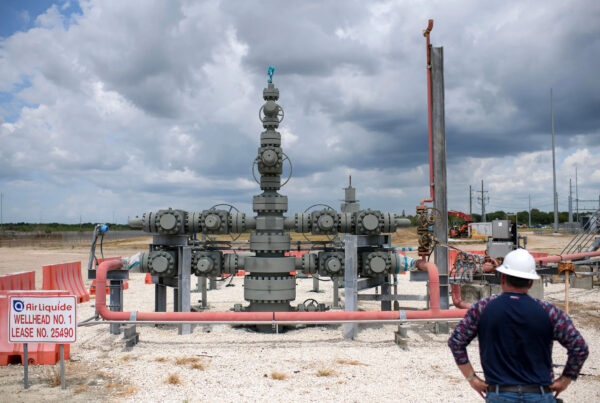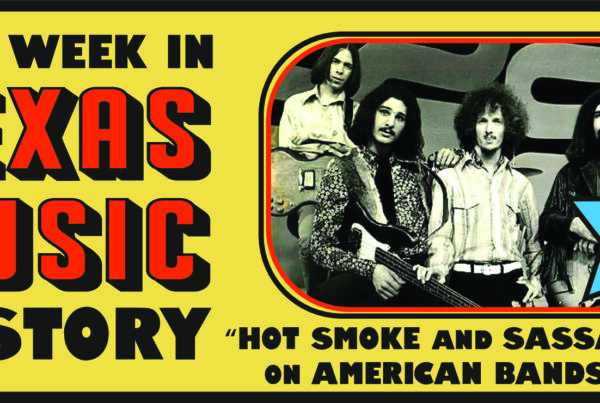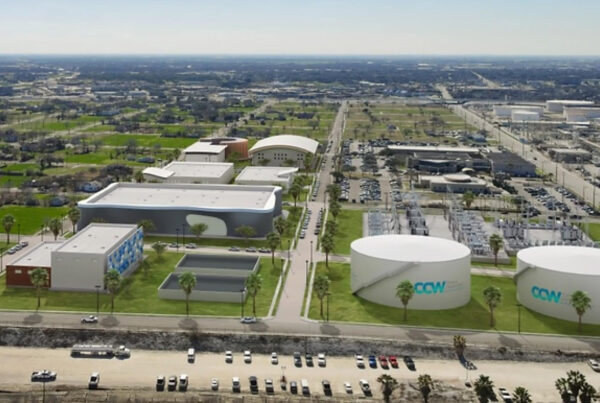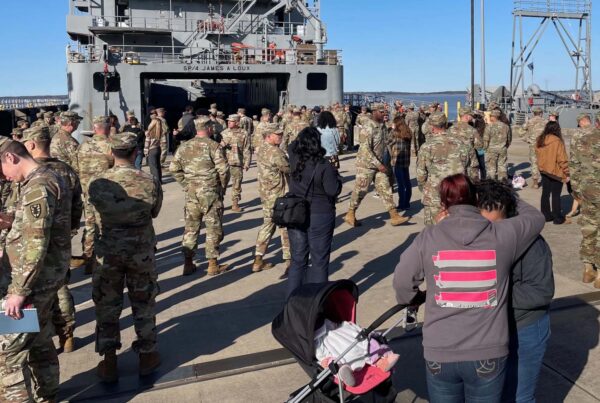North Texas cities are already beginning to plan for how the 2026 FIFA Men’s World Cup will reshape the region over the next two years.
Arlington’s AT&T Stadium is slated to host nine matches, the most of any of the 16 host cities across the U.S., Canada and Mexico. The region is expected to host thousands of international fans, and the hubbub will no doubt have a huge impact on the Texas economy.
Irving Mejia-Hilario, who covers business for The Dallas Morning News, said fan and team activities will involve venues across the region.
“AT&T Stadium is the big one. It’s where all these games are going to be played. So that’s where a lot of the focus is,” he said. “Toyota Stadium, Dallas Baptist University, TCU, University of Dallas, they’re all going to be used as base training camps for teams … you also got stuff like the Cotton Bowl and SMU that are going to be the training venues for the teams that are actually playing at AT&T.
“And then on top of that, you’re going to have potentially Klyde Warren Park here in Dallas, Southern Gateway Park, the Arlington Entertainment District, Sundance Square, and then who can forget Fair Park, hosting these fan activation events. I mean, it’s going to be all over North Texas.”
Cities like Dallas, Fort Worth and Arlington have a lot of logistics to figure out before these events can happen, and Mejia-Hilario said that process is just getting underway. One of the biggest hurdles is expected to be transportation.
“Arlington Mayor Jim Ross, during the initial announcement of this, said that Arlington is built for events like this and that they are ready to go,” he said. “If you’ve been to Arlington, though, and have been there for big events, you’ll know that transportation can sometimes be a bit of an issue. The Dallas Sports Commission is trying to address that.
“It sort of depends on what FIFA’s decisions are going to be down the line, but they’re going to be working on event testing models this summer with Copa America and running some tests with the transportation system to see how much is going to work out there as it stands.”
» GET MORE NEWS FROM AROUND THE STATE: Sign up for Texas Standard’s weekly newsletters
Mejia-Hilario said it is hard to compare the scale of a World Cup match to other sporting events.
“This is so much bigger than anything that I think that North Texas has really ever seen – I mean, since the World Cup way, way back when,” he said. “Like the closest analogy to it I think that we can get is what [Dallas Sports Commision Executive Director] Monica Paul has been saying in the lead-up to all of this: that one of these games is the equivalent to one Super Bowl, and obviously we’re getting nine matches.
“So that means that they’re saying we’re getting the equivalent to nine Super Bowls. It’s a lot of people, but also a lot of money for this region.”
The economic impact of the World Cup is also still unknown. Mejia-Hilario said North Texas was originally predicted to bring in about $400 million, but that was back when the area was expected to host four matches. The number of games has now more than doubled, and a new economic figure has yet to be calculated.
“The Dallas Sports Commission pretty much has to go back to the drawing board and get a whole new figure,” he said. “They’re saying that between now and sometime in the fall, we’ll be getting some sort of new figure on the exact economic impact on North Texas.”
For those who live in the area, Mejia-Hilario said he expects to see disruptions to daily life such as increased traffic from hotels and watch parties, and other events.
As planning for the World Cup continues for the next two years, Mejia-Hilario said the Dallas Sports Commission will be hard at work on every aspect of this event.
“The Dallas Sports Commission has to put together a bunch of committees on the safety out there, the fan festivals, transportation, the airport, sustainability, human rights, of course, because the stuff in Qatar that happened a few years back, volunteers, hospitality, marketing, legacy programs,” he said. “They’ve got to find donors for Arlington who are going to give money to make sure that this all goes smoothly. …
“And then, of course, you’ve got to work with FIFA to make sure that the brand is protected. Of course, AT&T Stadium still has to figure out exactly what they’re going to do with the naming rights thing. Is it going to change the Dallas Stadium temporarily? So there’s a lot of stuff over the next coming months.”
Correction: The audio accompanying this story incorrectly states the number of host cities for the 2026 World Cup; there are 16 host cities across the U.S., Canada and Mexico.


